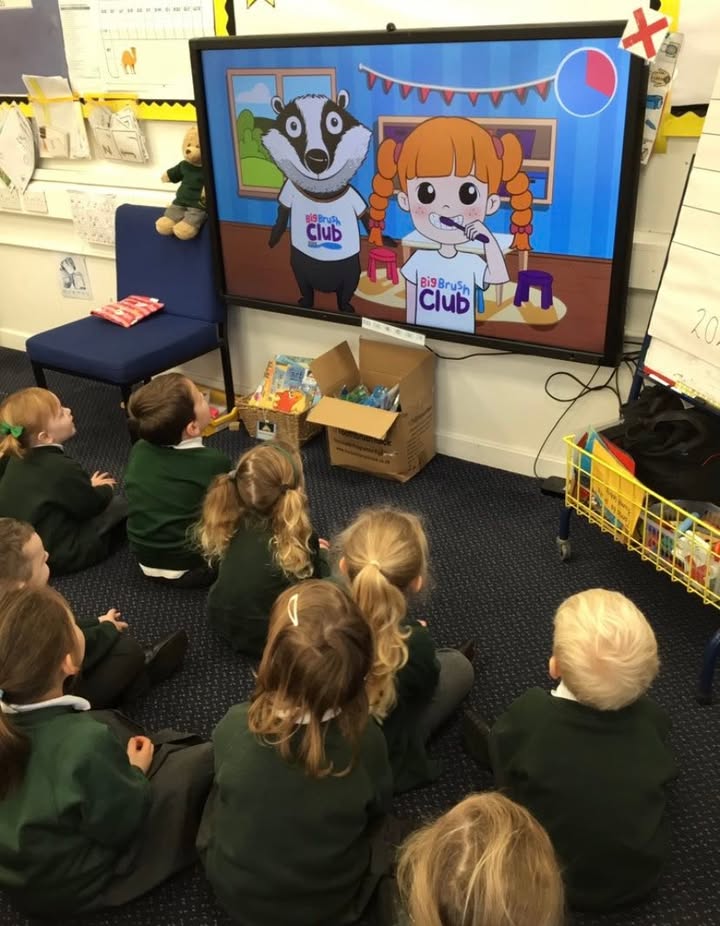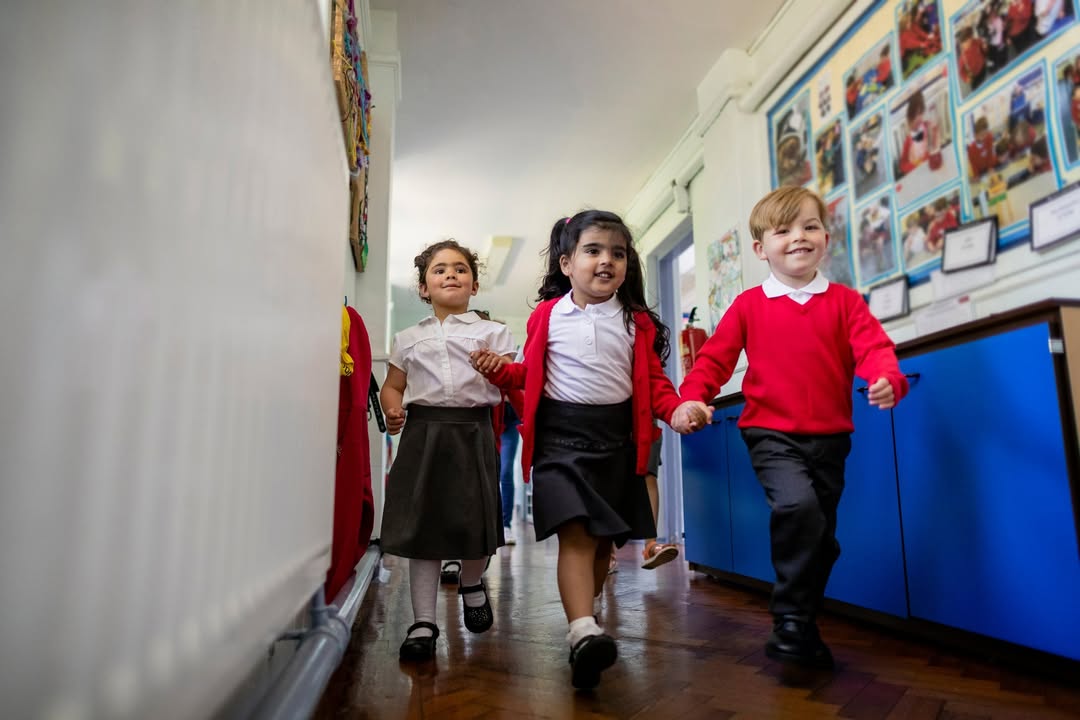About this curriculum
We wish to build on children’s curiosity and sense of awe in the natural world and ensure children experience all five scientific enquiries: observation, testing, research, classifying and identifying and pattern seeking by becoming scientists in the classroom. It’s important that the children make sense of the world they live in and understand the processes and reasons why things happen. Ultimately, our aim is to develop children’s aspirations of potential careers in science through talking about the work of scientists and how they can make a difference to others and the world we live in.
Intent

At Widey Court we believe that a high-quality science education provides the foundations for understanding the world through the specific disciplines of biology, chemistry and physics. Science has changed our lives and it is vital for the world’s future and prosperity. All children should be taught essential aspects of the knowledge, methods, processes and uses of science. Through building up a body of key foundational knowledge and concepts, children should be encouraged to recognise the power of rational explanation and develop a sense of excitement and curiosity about natural phenomena. Children should be encouraged to understand how science can be used to explain what is occurring, predict how things will behave, and analyse causes. Children at Widey Court should work as scientists to explore through hands on (practical) activities to create a sense of awe and wonder about the world they live in. Science should encourage rich questioning which stimulates thinking and makes children want to find out the answers to these ‘real life’ problems. In order for children to achieve well, they must not only acquire the necessary knowledge but also understand its value, enjoy the experience of working scientifically and sustain their interest in learning it. Children will be exposed to all five types of scientific enquiry: observation over time, research, pattern seeking, classifying and identifying and comparative/fair testing. Children need to learn about scientists who have made a difference in society and think about the role they play in the real world. Through this they are more likely to continue to study science and use that learning for work and to contribute as informed citizens.
In addition to the science curriculum the children will have the opportunity to develop their skills further through our Ocean Conservation Curriculum which provides pupils across our Connect family of schools a wonderful opportunity to learn about the sea. They discover how the ocean has shaped our planet, why it’s essential to all life on Earth, and how it needs to be protected for the future.
Implementation

Foundation Stage:
Science is taught to the reception classes as an integral part of the topic work covered during the year, mainly through the ‘understanding the world’ strand. We relate the scientific aspects of the children’s work to the objectives set out in the Early Learning Goals (ELGs) which underpin the curriculum planning for children up to 5 years old.
Years 1-6:
Science is taught based on the 2014 National Curriculum objectives. Science lessons should be rich in questioning and vocabulary to develop a deeper understanding of concepts, engaging and exciting. Learning should be inclusive for all learners, where differentiated activities or teacher/TA support is planned to ensure all children make progress. Children who grasp concepts quickly will be challenged through application activities/questions. This will give children opportunities to reason, explain and demonstrate their learning. Children should have a range of group and individual tasks, where children are solving problems, communicating with their peers and involved in hands on practical science. All lessons should be purposeful and inject a sense of excitement and anticipation as to what the children may be learning next. All lessons should be focused around the knowledge objectives of the National curriculum and also the working scientifically skills- how children are going to grasp the concepts in the lesson. Where possible- links to real life should be made and children should be working as scientists to promote independence in problem solving and thought processes. Opportunities for cross curricular learning and STEM activities are encouraged and for children to learn through discovery and play. Children should have opportunities to pose questions and have time to find the answers to these questions for themselves- deciding what line of enquiry they need to take. Some lessons may involve inviting in scientists, specialists and visitors to inspire the children and learn about potential careers in the science field to raise aspirations.
Evolution will be taught in Year 6. We believe that teaching the topic early will provide children with a greater awareness of evolution of life on earth. Evolution is taught with respect for science, religion, and students’ personal beliefs which the class teacher will respect whilst teaching this topic.
Impact

The children’s knowledge and understanding are assessed before each unit of work, through concept maps. This summarises knowledge and understanding of the key topic before a topic starts. They are used to refine and identify the starting points and level of challenge for the children’s lessons. Children also complete summative tests to assess their key understanding of the topic at the end of the unit as well as adding to their concept maps in a different colour to show the learning journey they have been on during the block of work. Alongside lesson-by-lesson assessment for learning, teachers will decide whether children are working below at or above the National Curriculum expectations for their year group. To aid this deep understanding, the implementation of ROCKS is used as an assessment tool to track knowledge and skills learnt. Children’s work is evidenced in a variety of ways in their science books and class displays which demonstrate their key understanding and skills they have acquired. Children will be asked to edit and improve their work as their learning develops.


Working Scientifically Gallery
















